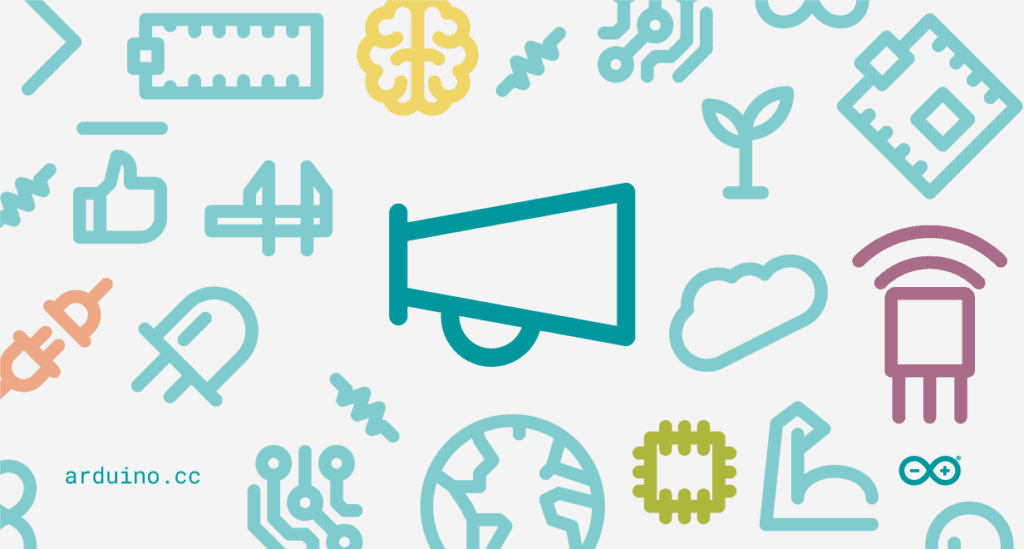Schlagwort: languages
-

Arduino improves the compilation terms for the free plan in the online IDE
Reading Time: 3 minutesOnline interactive development environments (IDE) have taken off during the recent years. Traditionally, local IDEs were considered the best tools for programming as they were usually faster than their online counterparts. But the arrival of new web programming frameworks and the standardisation of high-speed internet connections have improved the user experience of…
-

New Wolfram Mathematica free resources for your Raspberry Pi
Reading Time: 3 minutesWe’ve worked alongside the team at Wolfram Mathematica to create ten new free resources for our projects site, perfect to use at home, or in your classroom, Code Club, or CoderDojo. Try out the Wolfram Language today, available as a free download for your Raspberry Pi (download details are below). The Wolfram Language…
-

Celebrating our translators!
Reading Time: 4 minutesAs the world gets ready to celebrate International Translation Day on 30 September, we want to say thank you to our amazing community of volunteer translators. This talented bunch work very hard so that people around the world can learn digital making and computing in their native languages. Can you help us…


